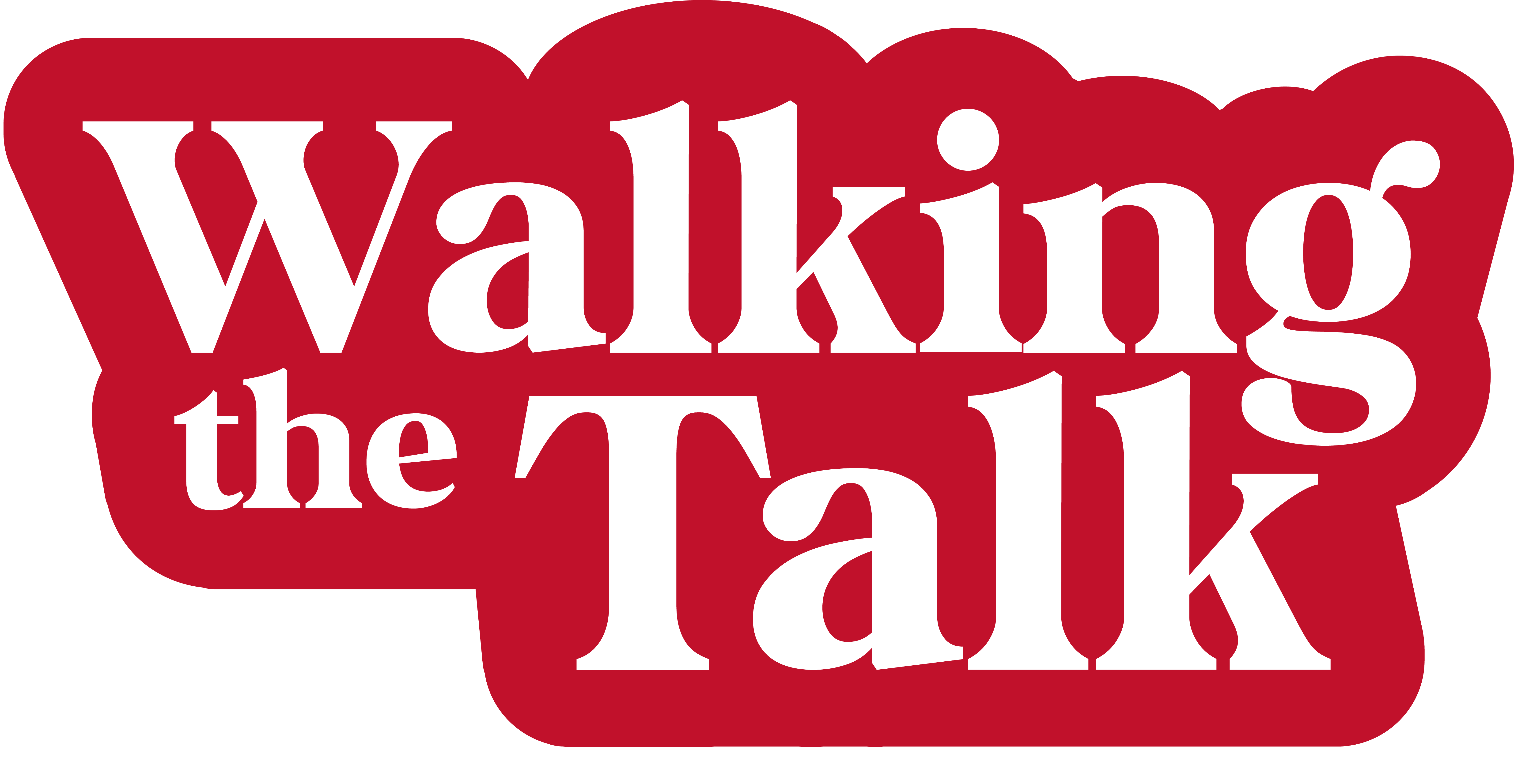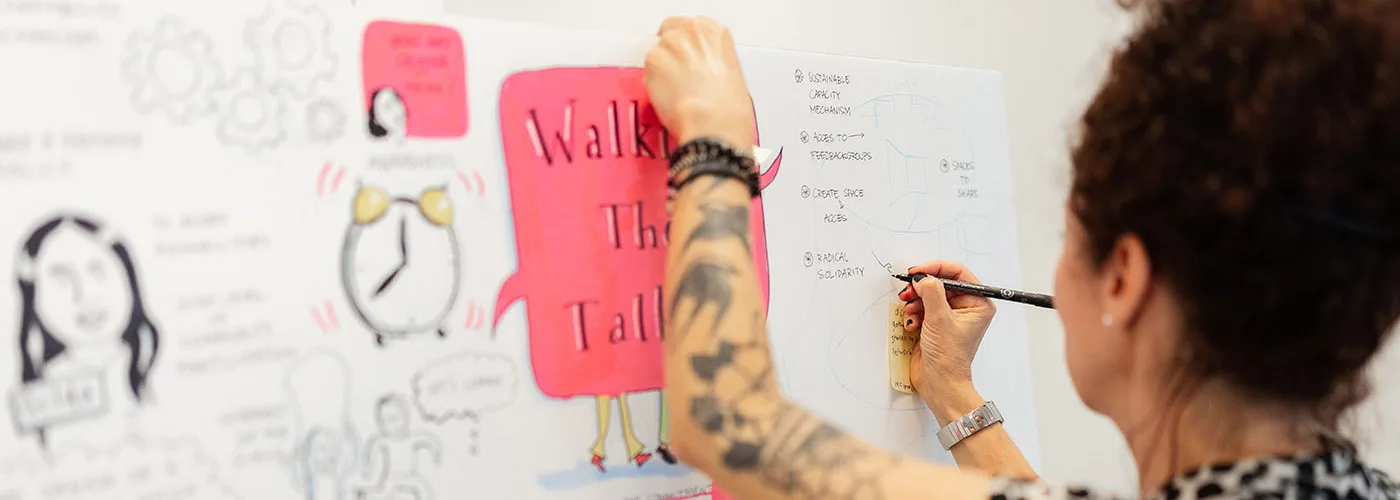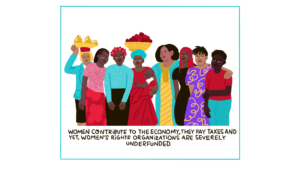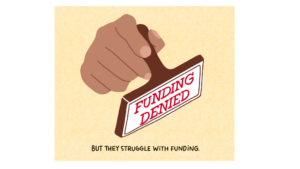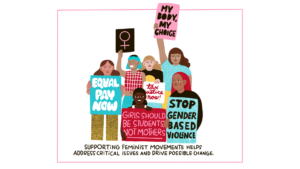Key information
Countries and regions: Global
Researchers: Sinéad Nolan, Coretta Jonah, Rachel Jacobson, Albert Motivans, and Alison Holder
Advocacy Summary
The paper examines funding in four countries; Bangladesh, Nicaragua, Turkey and Zimbabwe highlighting how funders perceive funding feminist movements as risky. The researchers flip this narrative and look into the risk to gender equality and larger development goals there are when feminist movements are not funded. In the focus countries, the reduction in gender equality funding led to shrinking civic space. The researchers posit that when funding reduces, there is increased repression and shrinking civic space. Additionally, gender equality measures stagnate or decrease. The paper is unique in that it clearly analyses the implications of defunding of Women’s Rights Organizations (WRO). At a time of increased budget cuts, this research makes a compelling case for the continued funding of WROs.
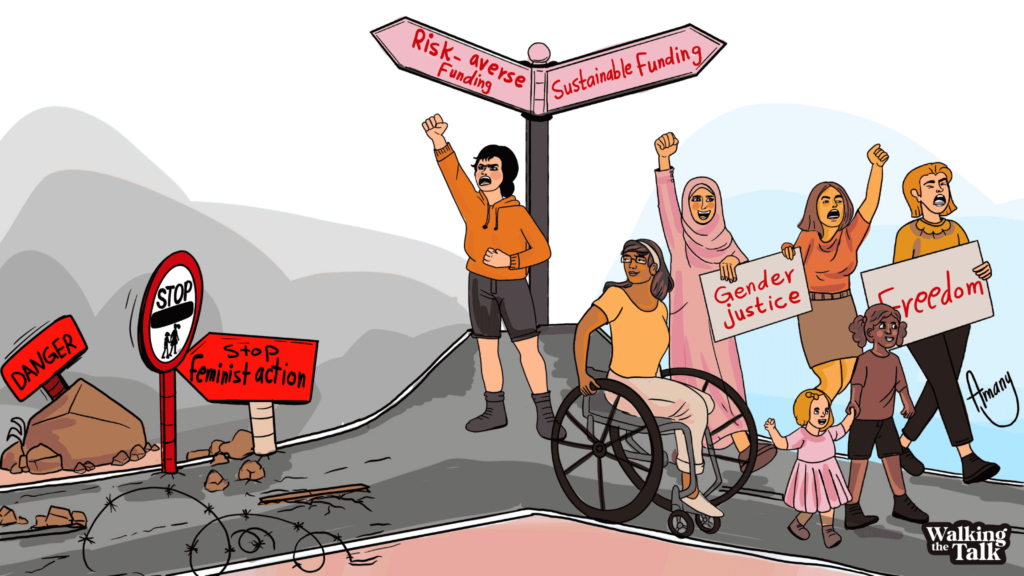
Recommendations
- Support and Collaborate with Local WROs: Funders should work closely with local women’s rights organizations to choose appropriate intermediaries, reduce administrative burdens, and ensure funding is responsive to local contexts and needs.
- Promote Flexible, Long-Term Funding: Provide unrestricted, sustained support through feminist and women’s funds, especially in restrictive environments, and ensure legal and compliance practices are adaptable and informed by grantee experiences.
- Strengthen Accountability and Gender Data Systems: Integrate gender data collection into development funding to build stronger gender data ecosystems, and report funding using standardized gender equality markers (e.g., OECD DAC).
- Defend Civic Space and Advance Resource Justice: Speak out against restrictions on activism when guided by local voices, support cross-movement solidarity, and advocate for equitable, coordinated resource mobilization across sectors.
Authors

Sinéad Nolan is the Partnerships and Learning Project Manager at EM2030. She has 9 years of experience in the global gender equality sector working with feminist activists. She has a background in men and masculinities and youth leadership. Born in Ireland, she is based in the UK.

Coretta Jonah is the Senior Data Capacity Lead at Equal Measures 2030. A Ghanaian feminist based in Cape Town, South Africa, she is a trained economist and international development expert deeply committed to challenging inequalities—particularly gender disparities—through data-driven advocacy and capacity strengthening.

Rachel Jacobson is one of the co-directors at the Alliance for Feminist Movements. Trained as a public health professional with a specialisation in human rights, Rachel has been engaged with feminist movements for over twenty years globally and locally in Texas, USA, where she was raised.

Alison Holder is the Executive Director of EM2030. Based in Toronto, Canada, she has 25 years of experience in international development, including leading policy, advocacy and campaigning work on gender equality, economic justice, and corporate accountability.

Albert Motivans is Head of Data and Insights at EM2030. Based in the US, he has led research and data collection initiatives on the status of women and girls for the UN and US government agencies.
